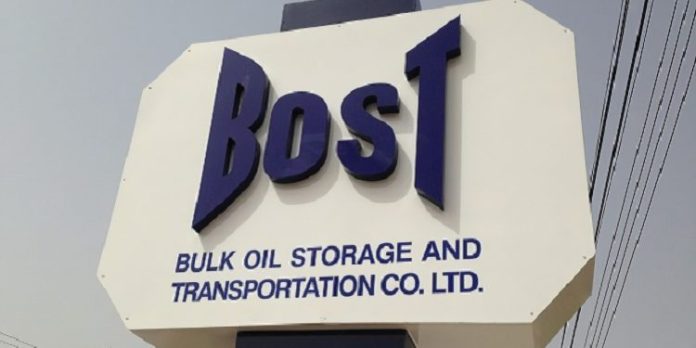The Bulk Energy Storage and Transportation Limited (BEST) formerly known as BOST, has rejected claims that gasoline imported under the Gold –For- Oil (G4O) programme is laden with high levels of manganese which is causing underperformance of vehicle engines.
Some car owners have been lamenting over the poor performance of their vehicles and blamed it on gasoline they bought from filling stations in the West African nation.
The regulator, National Petroleum Authority (NPA) picked up the issue and its investigation revealed that there was high level of manganese in some of the gasoline imported into the country.
The source of the product is, however, not known but some are alleging on social media that it is the one imported by BOST.
Responding to this claim, BEST, in a statement copied to energnewsafrica.com, rejected the attempt by detractors to dent their organization’s reputation.
The statement explained that the fuel they import is guided by specific regulations of the National Petroleum Authority.
It further stated that products from them are guided by specific product component tests which the Ghana Standards Authority (GSA), carries out before they are passed for discharge or off-loaded for Ghana’s fuel consuming public.
“We wish to state unequivocally that we have not imported any product under the policy which is off the specifications per the regulations of NPA and the product specifications of the GSA”, BEST said.
The company, therefore, implored the public to disregard the claims of their detractors.
“Grant the regulatory authority of the petroleum downstream the time and space to investigate the exact source of the said product and also to tighten the regime to clamp out the room for the importation of potentially problematic products onto the market,” BOST said.
BEST assured to continue to import products from safe sources without compromising on quality standards.
“We shall continue to import products from safe sources without compromising on quality standards and leverage the volumes to serve the market at reasonable prices to beat down the cost of living in the country.”
Source: https://energynewsafrica.com
















